- 1Jane Austen100%1775–1817
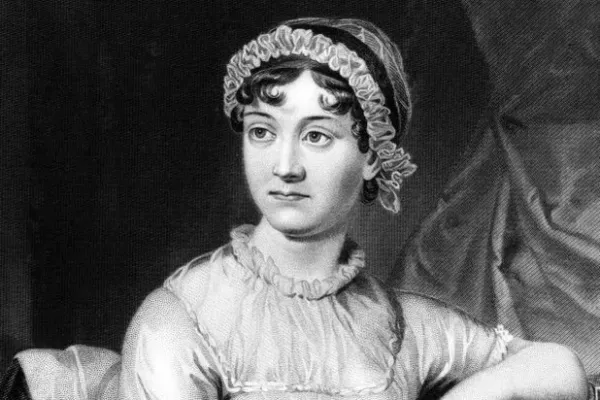
One of the most famous figures in British history, Jane Austen’s novels have gone on to become literary sensations. Often lacing plots exploring marriage, status and social sensibility with a distinctive irony, her works have been adapted many times in plays, films and TV series.
- 2Boudica100%c30–61
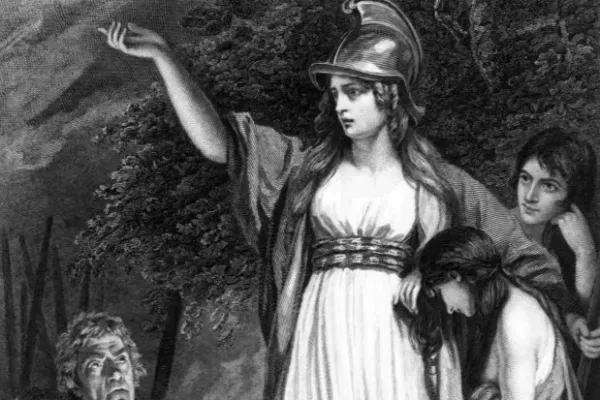
Queen of the Iceni tribe during the Roman occupation of Britain. In either 60 or 61 AD Boudica united different tribes in a Celtic revolt against Roman rule. Leading an army of around 100,000 she succeeded in driving the Romans out of modern-day Colchester (then capital of Roman Britain), London and Verulamium (St Albans).
- 3Diana, Princess of Wales100%1961–97

In 1981, Diana Spencer became the first wife of the heir apparent to the British throne, Charles, Prince of Wales. Their wedding reached a global television audience of more than 700m people and she continued to attract much media attention, even after her divorce in 1996. Princess Diana became well known internationally for her charity work for sick children, the banning of landmines and for raising awareness about those affected by cancer, HIV/AIDS and mental illness.
- 4Amelia Earhart100%1897–c1937
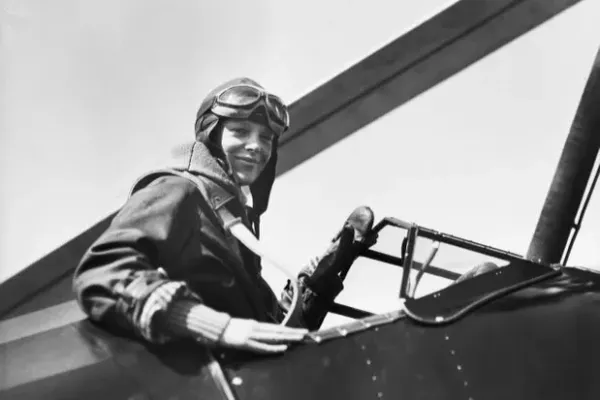
Amelia Earhart took up aviation in 1921, aged 24, and went on to break the women's altitude record the following year when she rose to 14,000 feet. In 1932 she became the first woman to fly solo across the Atlantic and over the next five years continued to break speed and flying records. In June 1937 she began a flight around the world, - she was reported missing on 2 July. Earhart's disappearance is one of history's unsolved mysteries.
- 5Queen Victoria100%1819–1901
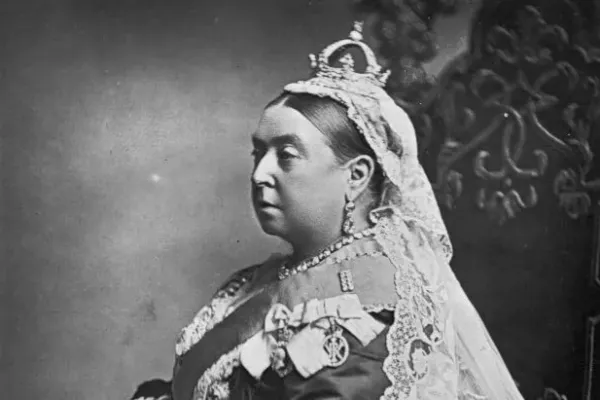
Queen Victoria remains one of the UK’s most iconic monarchs, more than a century after her death, portrayed in countless films and TV series. Crowned in 1837, she oversaw the nation and its empire throughout a remarkable period of social, technological and economic change.
- 6Mary Shelley100%1797-1851
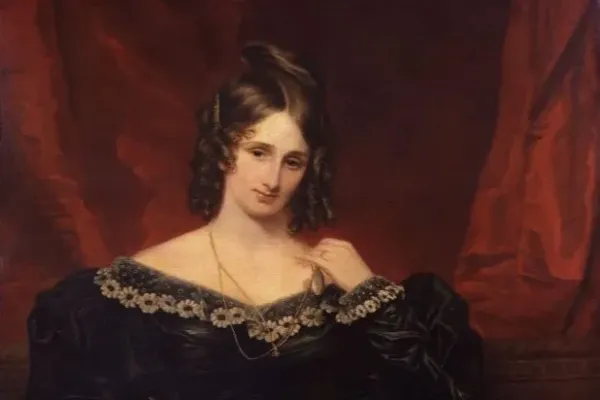
Born to political philosopher William Godwin and feminist activist Mary Wollstonecraft, and husband of poet Percy Bysshe Shelley, Mary Shelley managed – through her 1818 work Frankenstein; or, the Modern Prometheus – to make a name for herself, even in such high-achieving company. Blending the horrific with the sympathetic, the Gothic with the Romantic, the novel has gone on to become a literary classic.
- 7Cleopatra100%69 BC-30 BC
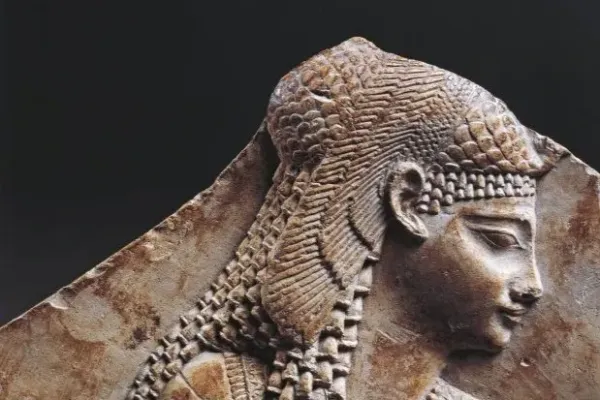
Final ruler of Egypt’s Ptolemaic dynasty, Cleopatra was more than the famous beauty her subsequent, simplistic portrayals often depict. A formidable, politically shrewd monarch, she was directly involved in the running of a kingdom that faced challenges on many fronts.
- 8Marie Curie50%1867–1934
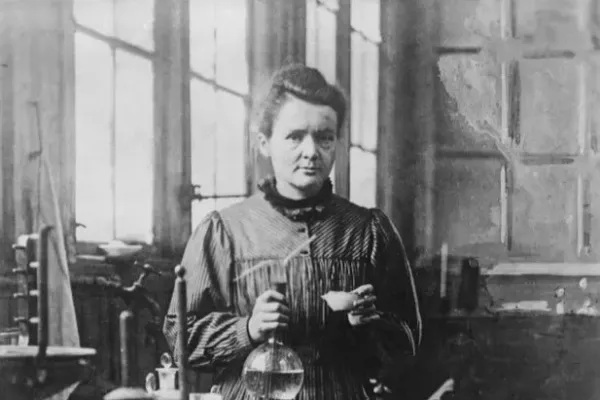
Marie Curie changed the world not once but twice. She founded the new science of radioactivity – even the word was invented by her – and her discoveries launched effective cures for cancer. The first woman to win a Nobel Prize, first female professor at the University of Paris, and the first person - not woman - to win a second Nobel Prize.
- 9Virginia Woolf33%
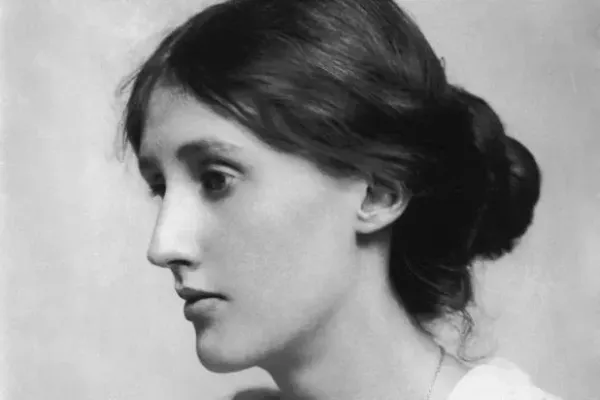
Most famous for her works including Mrs Dalloway and A Room of One’s Own, the English author Virginia Woolf was also one of the founders of the influential literary set the Bloomsbury Group. Her complex personal life and sometimes controversial viewpoints have led her to become both an influential and divisive figure.
- 10Emmeline Pankhurst0%1858–1928
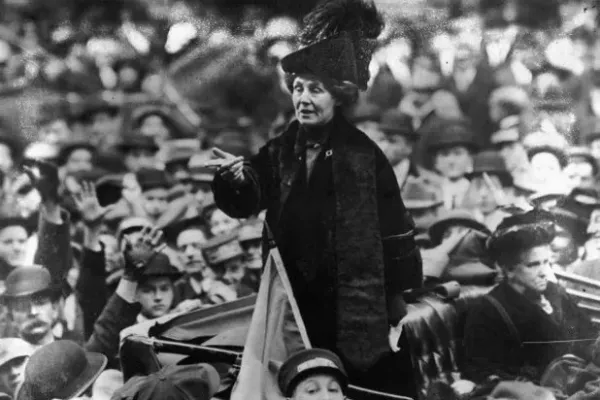
In 1903, the social reformer Emmeline Pankhurst founded the Women’s Social and Political Union to campaign for the parliamentary vote for women in Edwardian Britain, ‘Deeds, not words’ being its motto. A charismatic leader and powerful orator, Pankhurst roused thousands of women to demand, rather than ask politely, for their democratic right in a mass movement that has been unparalleled in British history.
- 11Ada Lovelace0%1815–52
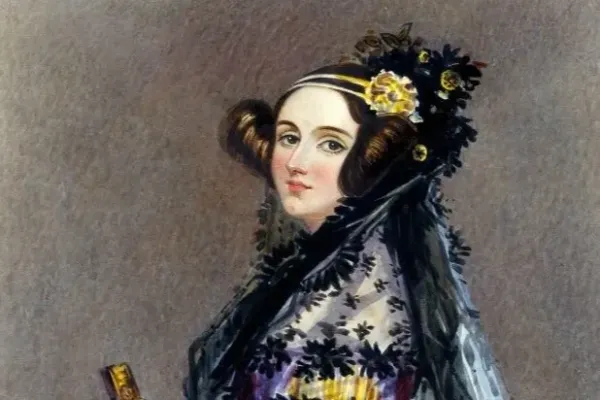
A gifted mathematician, Ada Lovelace is considered to be the first computer programmer, an industry that has since transformed business, our lives and the world. In an industry still dominated by men, it’s particularly striking that the first programmer was a woman.
- 12Rosalind Franklin0%1920–58
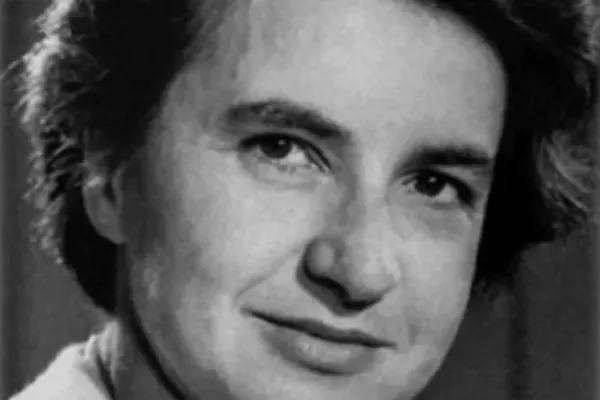
When the double helix structure of DNA was discovered, scientists claimed that they had unravelled the secret of life itself. The crucial piece of evidence was provided by the expert crystallographer Rosalind Franklin – the famous photograph 51, an X-ray picture showing a dark cross of dots, the signature image of a concealed molecular spiral. Mapping the human genome, test-tube babies, genetic engineering – all depend on understanding the chemical foundations of heredity.
- 13Florence Nightingale0%1820–1910
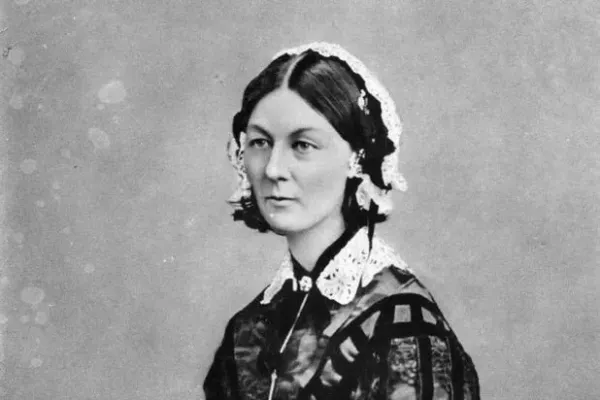
Nicknamed 'the Lady with the Lamp' for the night rounds she made tending to the wounded and sick, Florence Nightingale led the first official team of British military nurses to Turkey during the Crimean War, fought between Britain and Russia (1853-56). More soldiers died from disease than wounds in this conflict and Nightingale – as well as tending the sick – reported back to the army medical services on how to reduce avoidable deaths.
- 14Mother Teresa0%1910–97
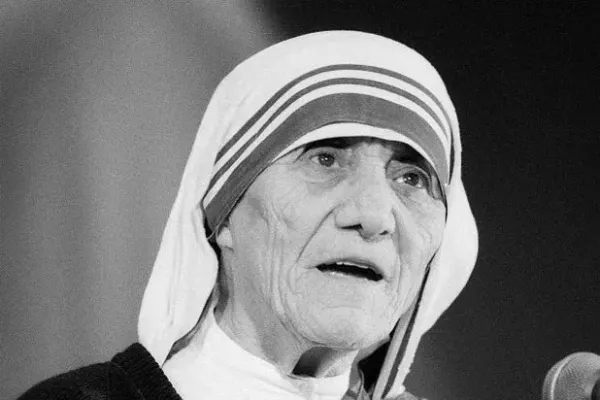
Mother Teresa, born in Albania, was a Roman Catholic nun who lived in India for most of her life. In 1950 she founded the Missionaries of Charity which attracted many sisters who took vows of chastity, poverty, obedience and free service to the poorest of the poor. The work that the order undertook, in over 130 countries, included managing homes for people who were dying, soup kitchens, orphanages and schools.
- 15Joan of Arc0%1412-31
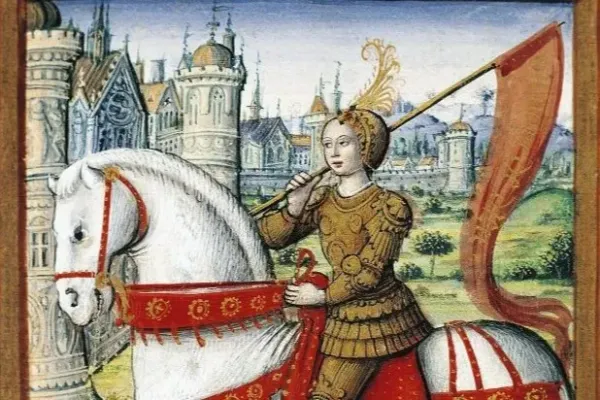
Joan of Arc convinced the future French King Charles VII that religious visions had instructed her to support him. After the Siege of Orléans was lifted, Joan became a religious figurehead for a renewed French offensive, helping to achieve further French victories. Joan was eventually captured by the Burgundians and put into English custody. In 1431, she was found guilty of heresy and burned at the stake. She became a French martyr and was canonised in 1909.
Add Your Vote